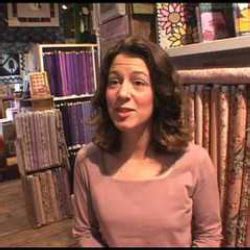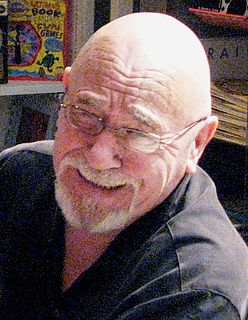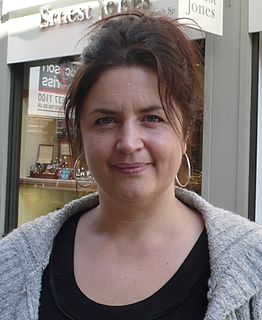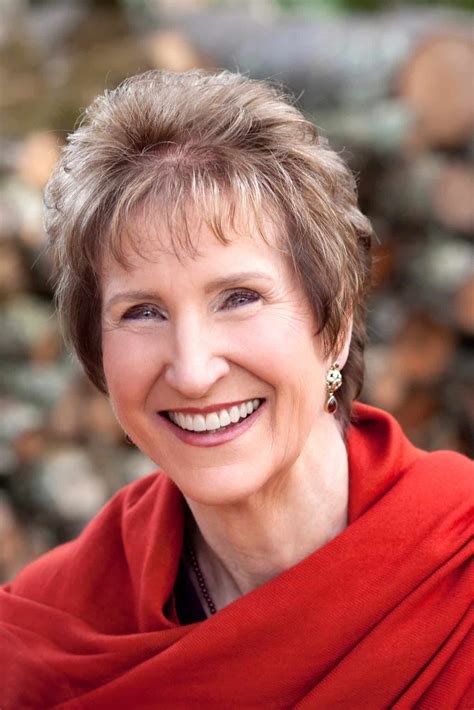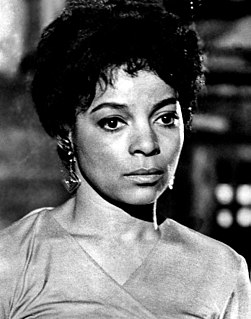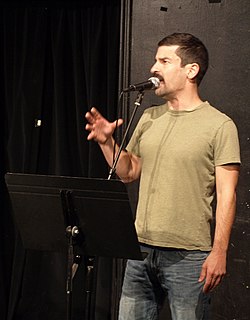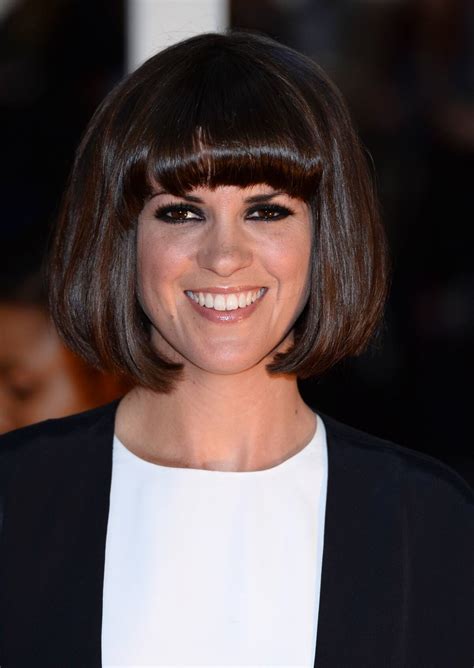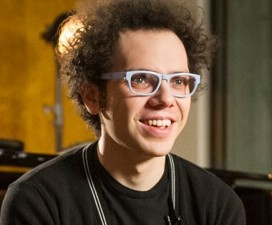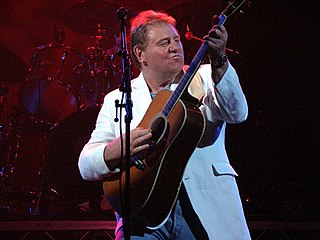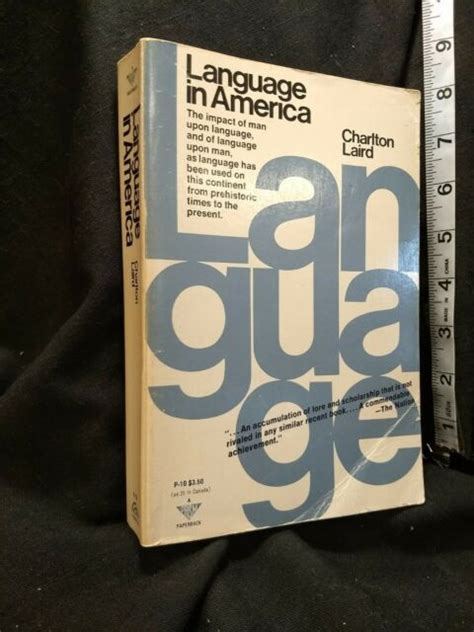A Quote by Eugene Ionesco
When I was nine, the teacher asked us to write a piece about our village fete. He read mine in class. I was encouraged and continued. I even wanted to write my memoirs at the age of ten. At twelve I wrote poetry, mostly about friendship - 'Ode to Friendship.' Then my class wanted to make a film, and one little boy suggested that I write the script.
Related Quotes
I wrote about a bird that cleaned a crocodile's teeth. The story was so good that my teacher could not believe that a ten-year-old could write that well. I was even punished because my teacher thought I'd lied about writing it! I had always loved to write, but it was then that I realized that I had a talent for it.
I wanted to be a musician. I just wanted to be famous because I wanted to escape from what I felt was my limitation in life... And I wanted to write music, and I didn’t know what I was doing and I never had the technique or understanding of it... But I’ve always played the piano and I can improvise on the piano, but the problem is that I can’t write down what I write. I can read music but I can’t write numbers.
My mother - my stepmother, really, she herself have been what they call an elocutionist. And she was the one who first encouraged me to write poetry, because she used to read it to us. And then when I began to write when I was nine years old, my first poem was published in the Amsterdam News. I called it "The Graveyard."



